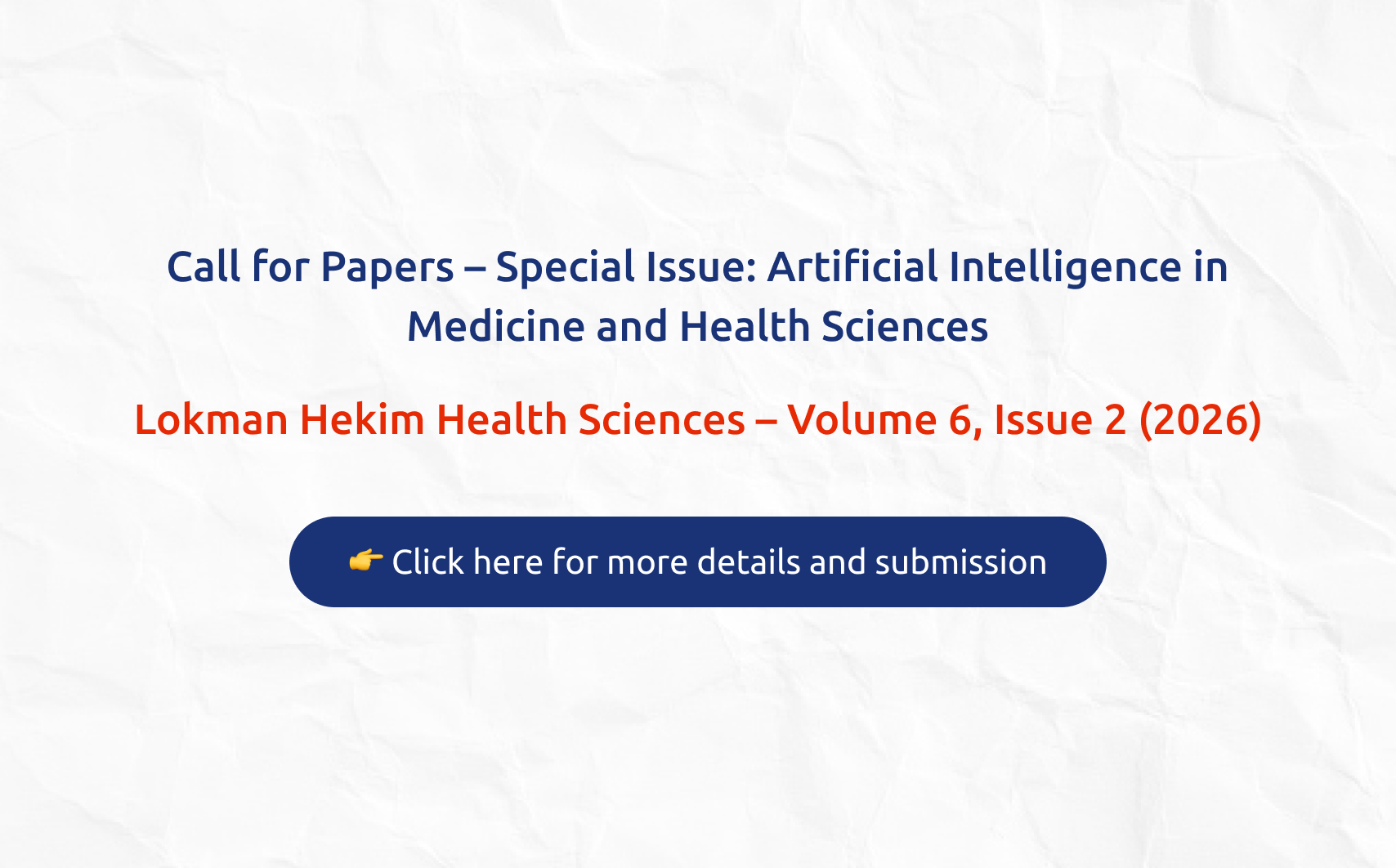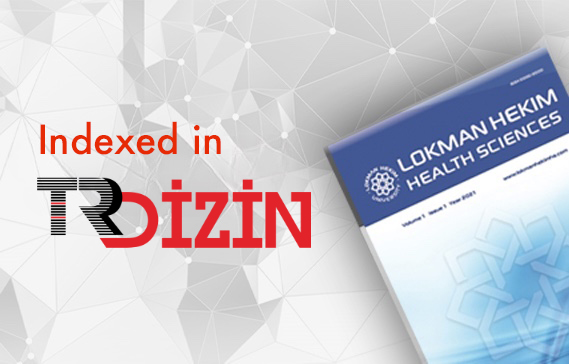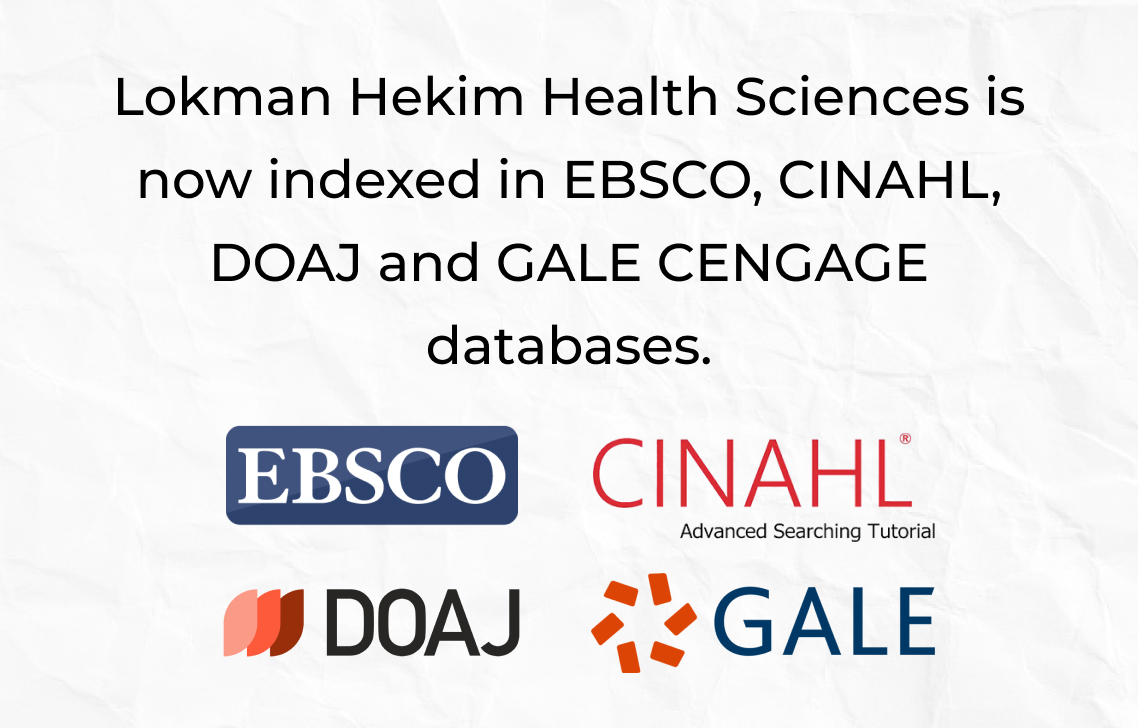Abstract
Introduction: Tissue engineering is a novel approach in tissue and organ regeneration or replacement. Tissue engineering has three components: cells with the potential to differentiate into functional tissues, biomaterials that will provide the three-dimensional environment to these cells, and bioactive molecules such as growth factors or cell attachment peptides. The aim of this study is to design alginate-based cell scaffolds for use in tissue engineering and search for the effectiveness of these scaffolds in culturing mesenchymal stem cells.
Materials and Methods: Alginate-based gels were produced by using alginate, glucose, and carboxymethyl cellulose. The gels were tested for their stability, swelling, and surface characteristics. The interaction of the selected gels with mesenchymal cells and their toxicity on these cells were analyzed. All results were evaluated by variant analysis statistically.
Results: It is found that glucose and carboxymethyl cellulose increased the porosity and stability of the alginate gel. The gels had no toxic effect on cells, and the cell attachment and proliferation were improved as compared to the culture plate alone.
Discussion and Conclusion: It is concluded that the gels designed here may provide efficient scaffolds for tissue regeneration studies on which the stem cells differentiate into cartilage or other tissues.






 Ayşe Kevser Özden1
Ayşe Kevser Özden1 









